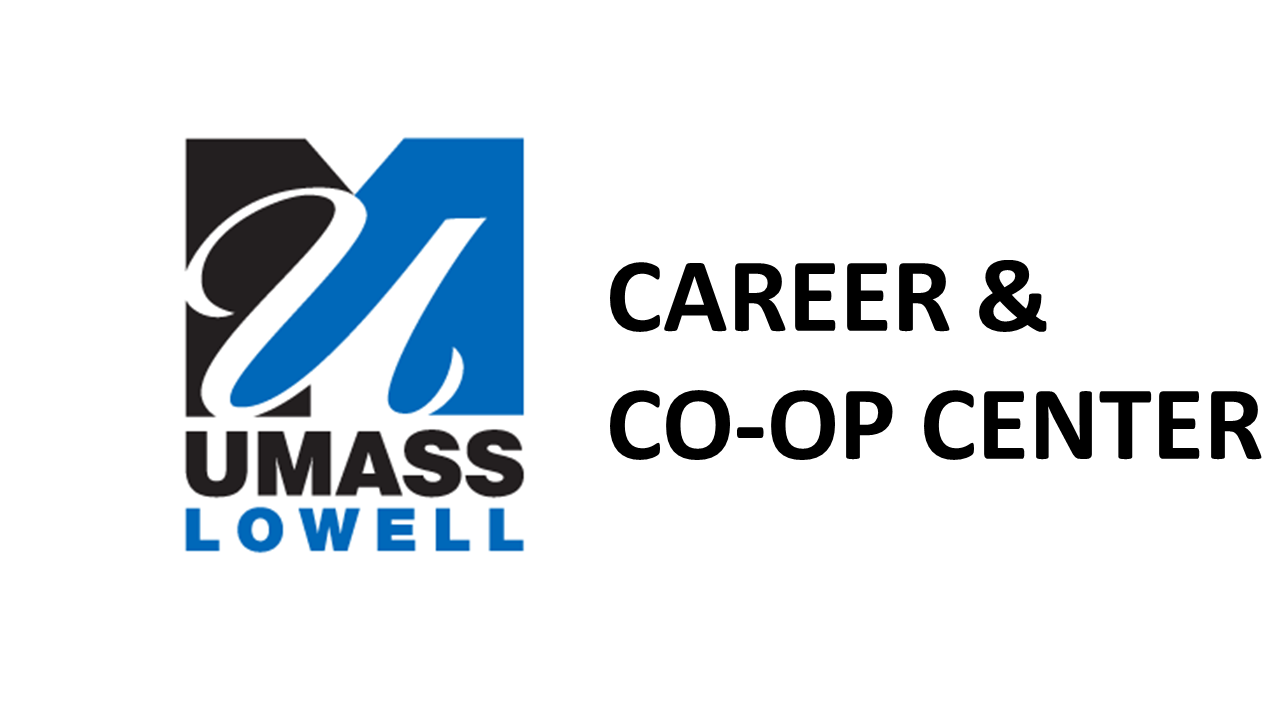
A career fair is a great place to gather information about potential employers and make contacts that can lead to your first job. Here’s some advice on how to make the most of your time.
Five Things to Take to the Career Fair
1.) Your resume – bring copies
Bring 25 to 40 copies depending on the size of the event). Be sure it represents your knowledge, skills and abilities (KSAs) effectively. It needs to look professional in an easy-to-read format on plain white or cream-colored paper and be free of typos. If you are looking at several career options, you may want to have two or more targeted resumes with different career objectives.
2.) Attitude & confidence
A smile, a strong handshake and a positive attitude. First impressions are important. Approach an employer, smile, and offer your hand when you introduce yourself.
3.) Prepare your pitch
Have a 30-second “sales pitch” ready. Hand the recruiter a copy of your resume and be prepared to expand on it quickly! Share basic information about yourself and your career interests like this:
Examples
“Hello, I’m Carrie Jones. I’m a senior here at Wonderful University and I’m majoring in English. I’m very interested in a marketing career. As you can see on my resume, I just completed an internship in the marketing division of the ABC Company in Peoria. I’ve also taken some courses in business marketing. I’ve been reading about ABC and am hoping you can tell me about marketing opportunities at your organization.
“Hi, I’m Jane Doe, a sophomore business major. I’m really good at math and am thinking about a Finance concentration, but want to get a good internship in Finance to test the field. I saw you were coming to the fair to recruit interns and wondered what you could tell me about the internship program at your company.”
4.) Get informed about about attendees
Get information about the organizations that will be attending. Gather information as you would for a job interview. To maximize the brief time you have with each employer, you need to know how your skills and interests match their needs. And don’t just concentrate on the “big names” at the career fair. There are often great opportunities with companies with which you are not familiar.
5.) Bring the Energy!
Career fairs require you to be on your feet moving from table to table for an hour or so. Each time you meet someone, be at your best, as if you’re doing it for the first time, refreshed and energetic!
Five Things Not to Do at the Career Fair
1.) Don’t focus on swag
Don’t just attend to cruise the booths with a group of friends, or just stop to pick up the give-aways! Interact with the recruiters on your own. Make your own positive impression!
2.) Limit what you carry
Don’t carry your backpack, large purse, or other paraphernalia with you. Carry your resume in a professional looking portfolio/folder or small briefcase. It will keep your resume neat and handy, and gives you a place to file business cards of recruiters that you meet. If you are worried about weather, we provide a place for you to stow your coat, backpack, or other gear in a coatroom.
3.) Don’t dress to casual
Don’t come dressed for rugby practice (or any other extremely casual activity). A career fair is a professional activity and is perhaps your first contact with a future employer. Dress to impress in a good way.
4.) Don’t come unprepared
Don’t “wing it” with employers. Do your homework! Research the companies just as you would for an interview. You’ll be able to focus on why you want to work for the organization and what you can do for them.
5.) Don’t arrive too late
Don’t come during the last half hour of the event. Many employers come a long distance to attend the fair and may need to leave early. If you come late, you may miss the organizations you wanted to contact!
Five Things to Take Home From the Career Fair
1.) Business Cards (or other contact materials)
Business cards from the recruiters you have met. Use the cards to write follow-up notes to recruiters from organizations in which you are most interested. You can also scan QR codes at the booth of each employer you meet with to have a digital copy of all of your interactions.
2.) Notes about contacts you made
Take paper and pen with you to write down important details about particular organizations, including names of people who may not have had business cards. Take a few minutes after you leave each table to jot down these notes.
3.) Information about organizations you have contacted
Most recruiters will have information for you to pick up, including company brochures, position descriptions, and other information. You won’t have time to deal with these at the fair, but can review them later so grab what might be valuable to help you learn about the companies that really interested you.
4.) A better sense of your career options
If you’ve been successful at the career fair, you will have made contact with several organizations that hire people with your skills and interests. In thinking about their needs and your background, evaluate whether each company might be a match for you.
5.) Self-confidence in interacting with employer representatives
A career fair gives you the opportunity to practice your interview skills in a less formidable environment than a formal interview. Use this experience to practice talking about what you have done, what you know, and what your interests are.
Should you have more questions, especially ahead of either the Spring Career Fair on March 21st or the Careers in Criminal Justice & Security Fair on April 4th you are always welcome to reach out to us at career_services@uml.edu. or through our website career.uml.edu.
